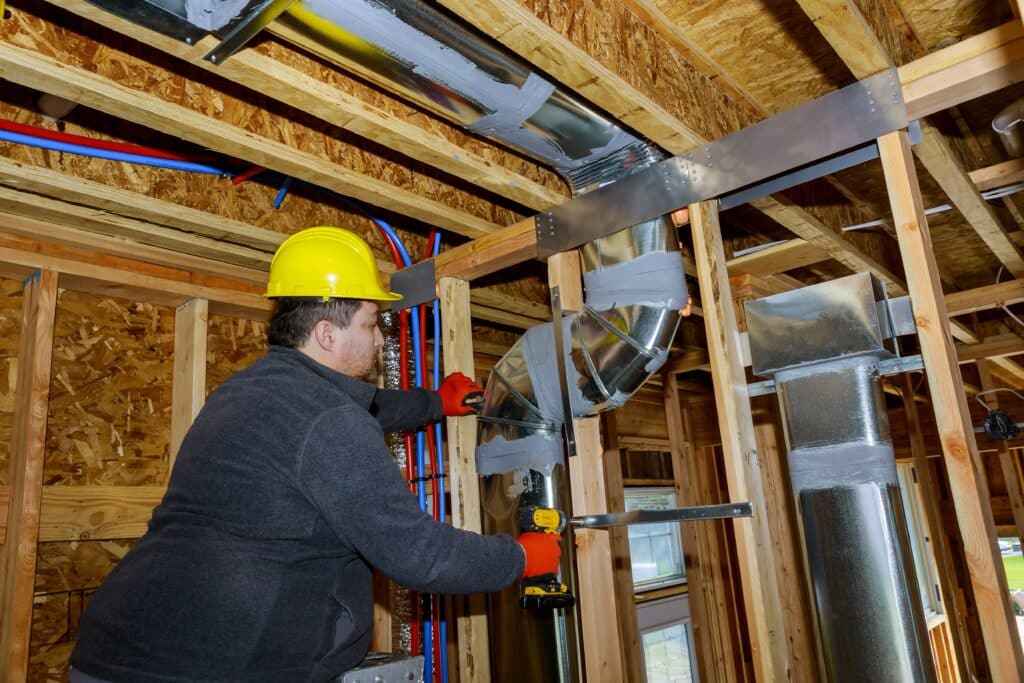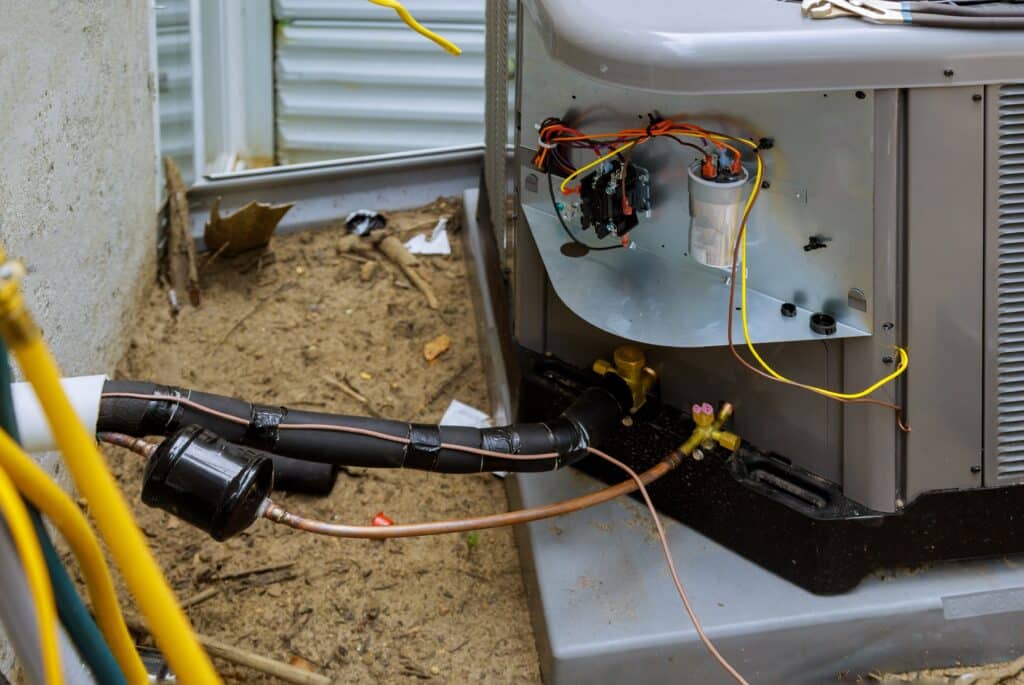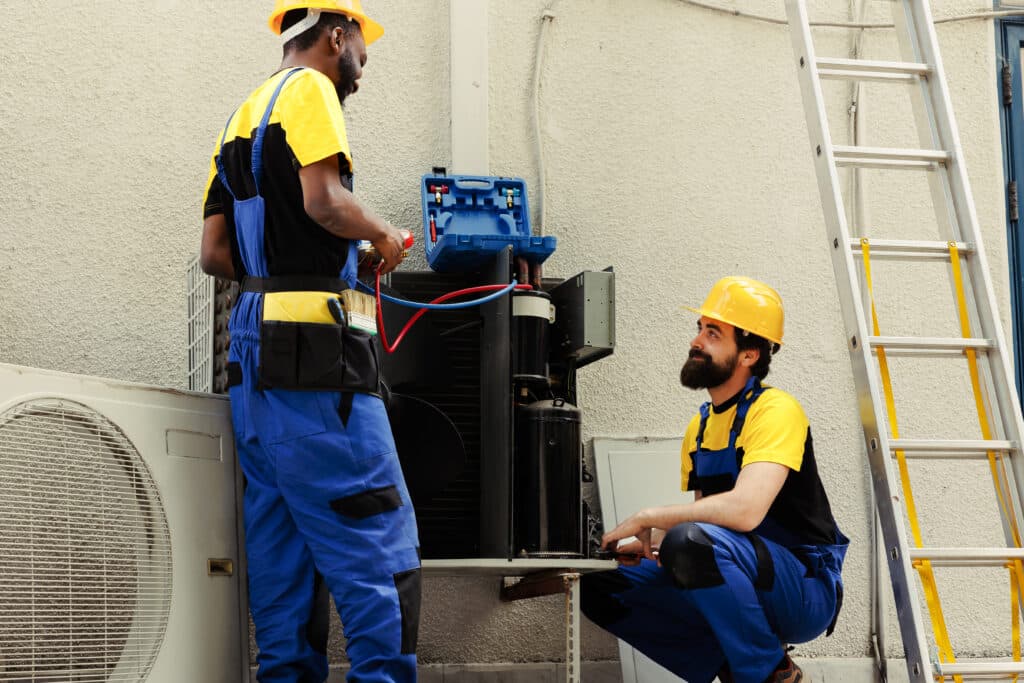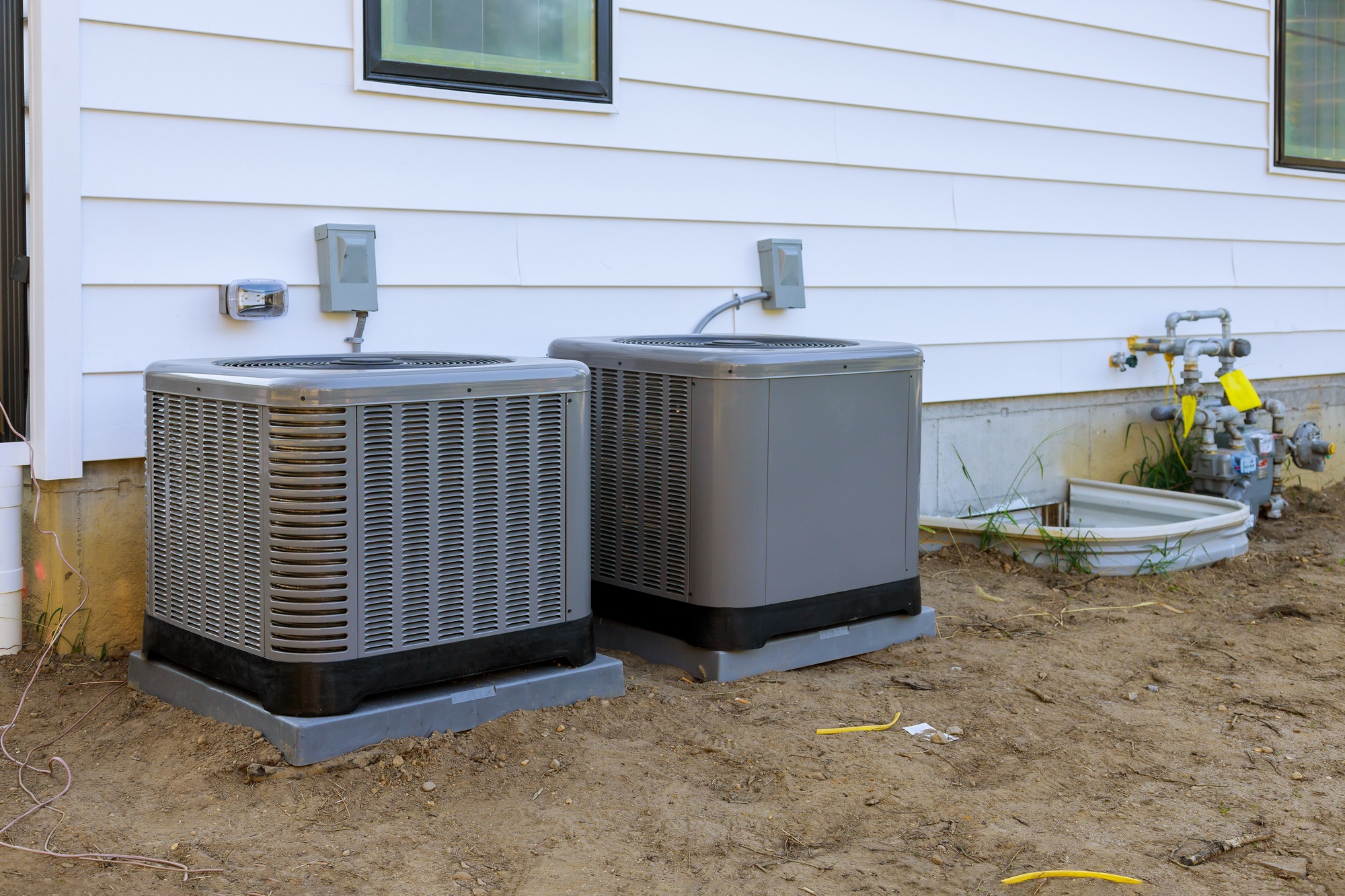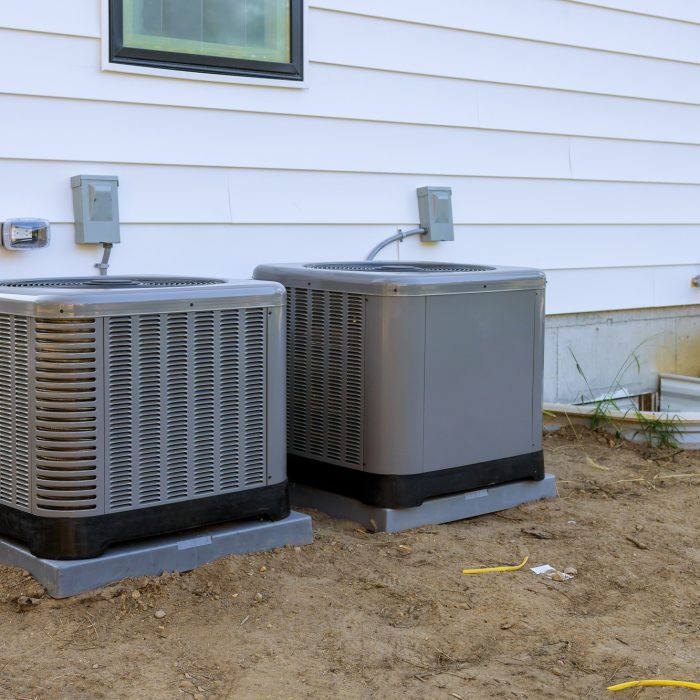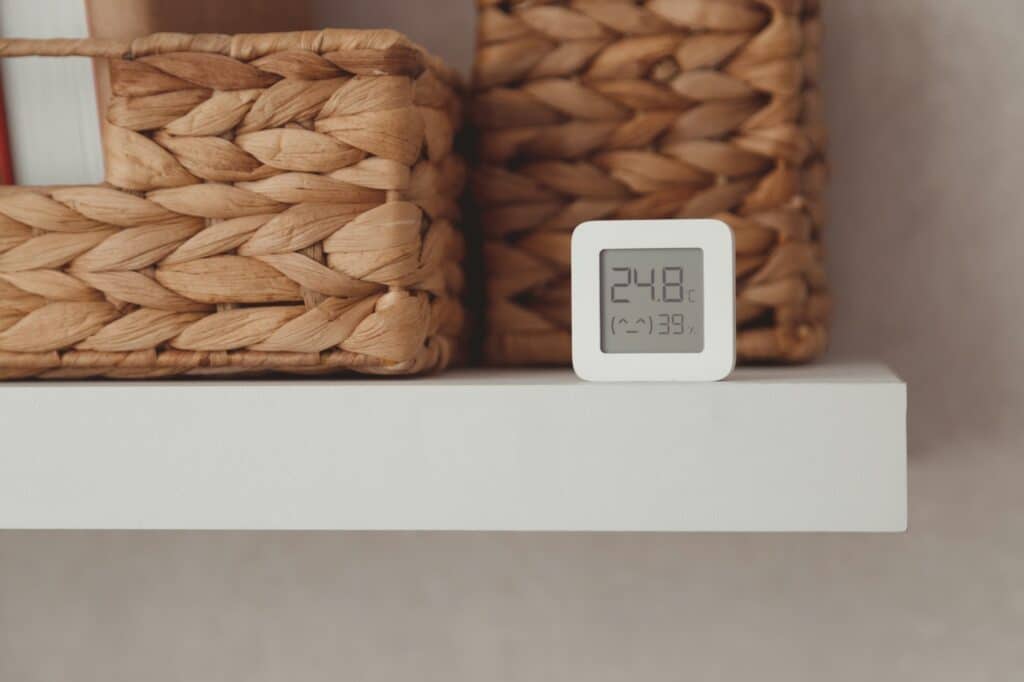
Humidity plays a significant role in indoor comfort, affecting not only temperature but also overall air quality and HVAC system efficiency. During the hot summer months, excess humidity can make indoor spaces feel sticky and uncomfortable while also contributing to mold growth and indoor air pollutants. Managing moisture issues through effective humidity control is essential for maintaining a comfortable and healthy indoor environment. In this article, we’ll explore the importance of humidity control and how it can be achieved with your AC system for enhanced comfort and efficiency.
Understanding Humidity Levels:
Humidity refers to the amount of moisture present in the air, typically measured as relative humidity (RH). Ideal indoor humidity levels range between 30% to 50%, providing a comfortable and healthy environment for occupants. However, during the summer, outdoor humidity levels can rise significantly, leading to indoor humidity issues if not properly controlled. Excess humidity can promote mold growth, cause musty odors, and make indoor spaces feel warmer than they actually are.
Effects of High Humidity on AC Performance:
High humidity levels can strain your AC system, leading to reduced cooling efficiency and increased energy consumption. When the air is too humid, your AC must work harder to remove moisture from the air, resulting in longer cooling cycles and higher energy bills. Additionally, excessive moisture in the air can cause condensation to form on windows, walls, and HVAC ducts, leading to water damage and mold growth if left unchecked. Proper humidity control is essential for maintaining optimal AC performance and energy efficiency.
Strategies for Humidity Control with Your AC:
- Use a Dehumidifier: Installing a whole-house dehumidifier can complement your AC system by removing excess moisture from the air before it enters your home’s ductwork. Dehumidifiers work by condensing moisture from the air and draining it away, helping to maintain ideal humidity levels and improve indoor air quality.
- Optimize Airflow: Proper airflow is essential for effective humidity control with your AC system. Make sure that air vents are open and unobstructed to allow for optimal air circulation throughout your home. Consider using ceiling fans or portable fans to promote air movement and enhance the cooling effect of your AC.
- Set Your Thermostat Correctly: Programming your thermostat to maintain a consistent temperature and humidity level can help prevent fluctuations in indoor comfort. Set your thermostat to a moderate temperature and use the “auto” fan setting to ensure that your AC runs efficiently while effectively managing humidity levels.
- Seal Air Leaks: Leaky windows, doors, and ductwork can allow humid outdoor air to infiltrate your home, compromising indoor comfort and AC performance. Seal air leaks with weatherstripping, caulk, or foam insulation to prevent moisture intrusion and maintain consistent humidity levels indoors.
- Schedule Regular Maintenance: Regular maintenance of your AC system is essential for optimal performance and humidity control. Schedule annual HVAC inspections and tune-ups to ensure that your system is operating efficiently and effectively removing excess moisture from the air. Replace air filters regularly to prevent clogs and maintain proper airflow.
Do you need help with your AC, or maintaining humidity levels? Contact us at Generation Air Conditioning & Heating for expert and professional help with your HVAC system!
